What is 3-FPM?
3-FPM (3-Fluorophenmetrazine) is a synthetic stimulant belonging to the phenethylamine family. It is chemically similar to other synthetic stimulants such as amphetamine and methylphenidate, and produces a stimulant effect by increasing the levels of dopamine, norepinephrine and serotonin in the brain.It is usually sold as a white or off-white powder as a research chemical. Its use is illegal in many countries and has been linked to numerous cases of serious side effects and fatalities.
The drug was first synthesized in the early 1970s and was used in scientific research to study the effects of stimulants on the brain. However, due to its potential for abuse, the drug is not approved for human consumption and is mainly used for scientific research.
Like other stimulants, this product can cause a range of side effects, including increased heart rate and blood pressure, anxiety, agitation, and insomnia. It is important to note that the safety and long-term effects of 3-FPM on human health are not well understood, and its use is not recommended.
Chemical Properties:
This product is a synthetic compound belonging to the phenylmorpholine class. It is structurally related to phenmetrazine, a stimulant that was once used for medical purposes. The addition of a fluorine atom to the phenyl ring distinguishes 3-FPM from its parent compound.
Effects and Research Potential:
While research on this product is limited, it is believed to act as a psychostimulant, affecting the release and reuptake of certain neurotransmitters in the brain, such as dopamine and norepinephrine. Researchers speculate that 3-FPM may induce effects such as increased energy, enhanced focus, and heightened motivation. However, further research is needed to fully understand its pharmacological profile and potential applications.
Dosage and Administration:
Proper dosage and administration are crucial when working with this product. Researchers should exercise caution and adhere to responsible research practices. Due to the limited research available, it is recommended to start with low doses and gradually increase if necessary. Researchers should also consider the potential risks and side effects associated with stimulant compounds and take appropriate safety measures.
How did 3-FPM come about?
The origins of this product date back to the early 1970s, when it was first synthesized by a team of researchers in Germany. The drug was developed as part of an effort to create new compounds with stimulant properties that could be used to treat medical conditions such as narcolepsy and attention deficit hyperactivity disorder (ADHD).
3-FPM is a derivative of phenmetrazine, a stimulant that was widely used as an appetite suppressant in the 1960s but later withdrawn due to concerns about its addictive potential. Researchers thought that changing the chemical structure of phenmetrazine could yield new compounds with similar effects but fewer risks.
After the initial synthesis, this product was studied in animal models to determine its safety and effectiveness as a potential treatment for ADHD and other conditions. However, the drug was never approved for human use due to concerns about its abuse and addiction.
Ordering Information:
To inquire about pricing and availability of 3-FPM, please contact our customer support team or visit our website. We are committed to providing excellent customer service and ensuring a smooth ordering process. Your privacy is of utmost importance to us, and we handle all orders with confidentiality, utilizing discreet packaging for shipping.
Unlock the research potential of 3-FPM in your scientific endeavors. Join the community of researchers at the forefront of scientific advancements by exploring the possibilities of this compound. Contact our customer support team or visit our website to inquire about pricing and availability.
Embark on your research journey with our high-quality 3-FPM and contribute to the advancement of scientific knowledge.


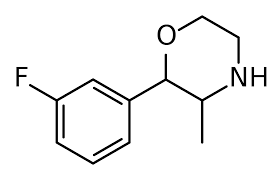



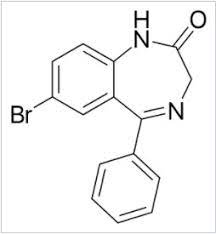

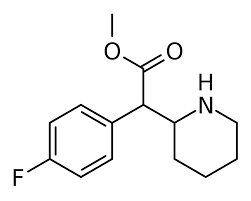

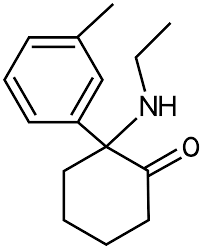

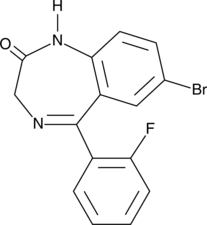

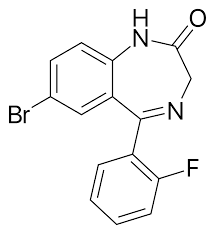

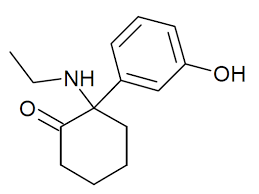

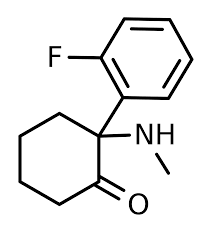

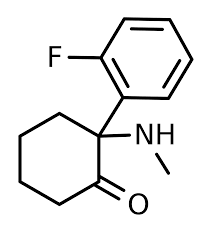
Reviews
There are no reviews yet.